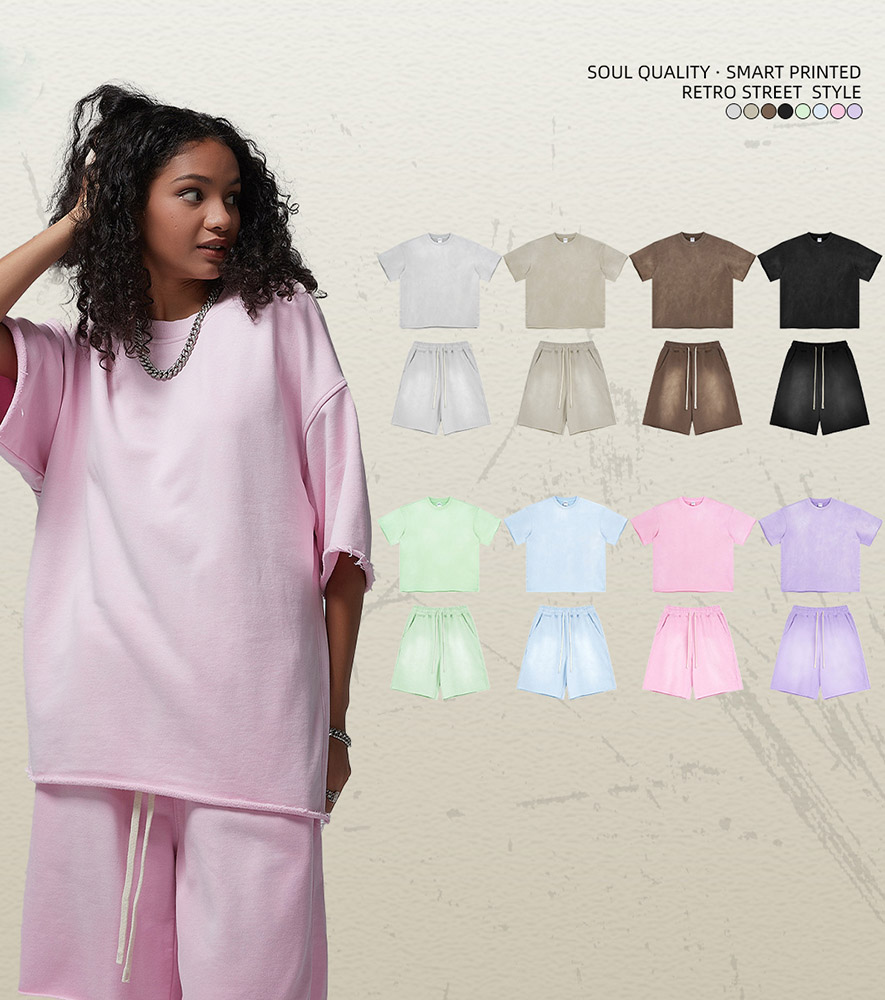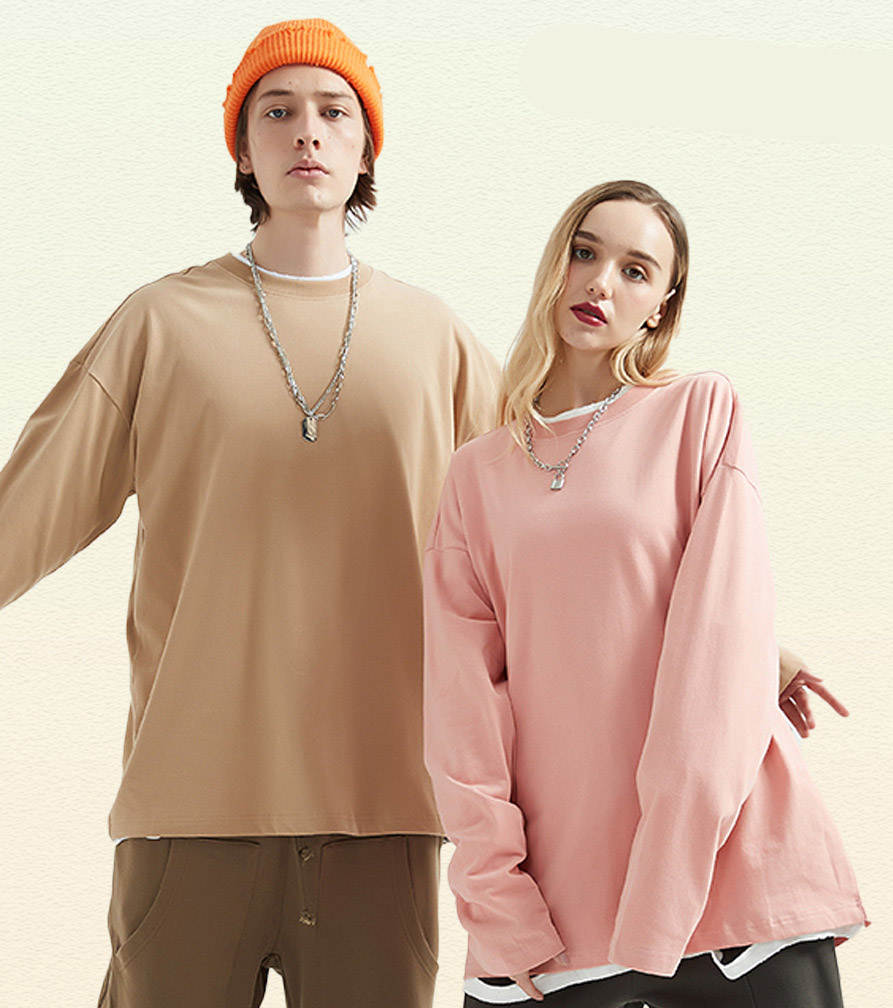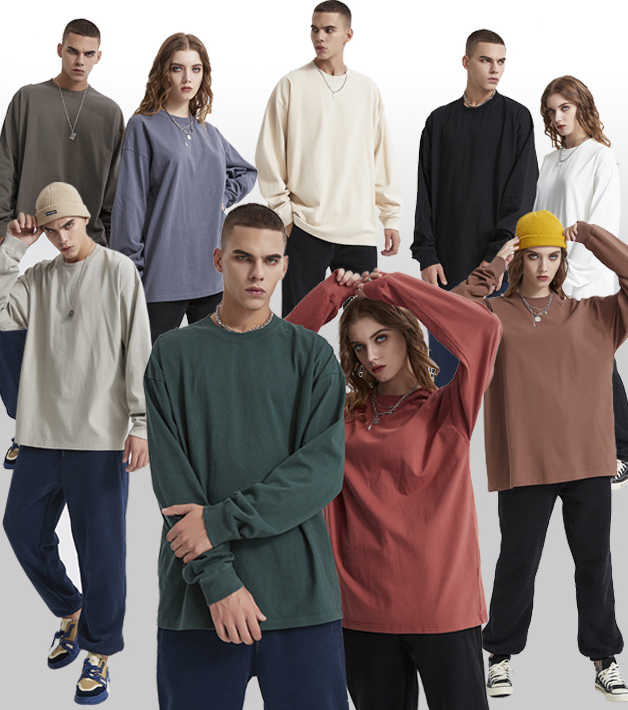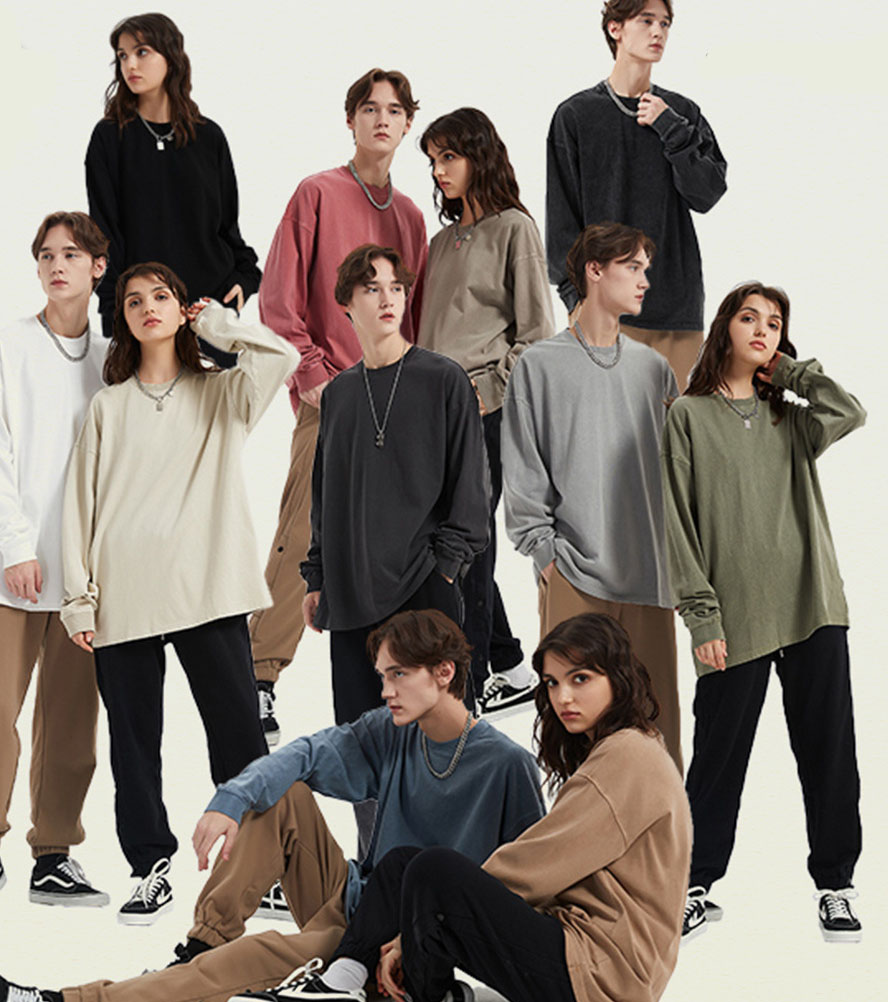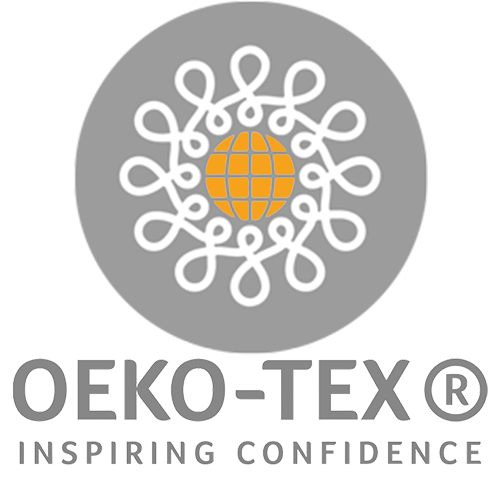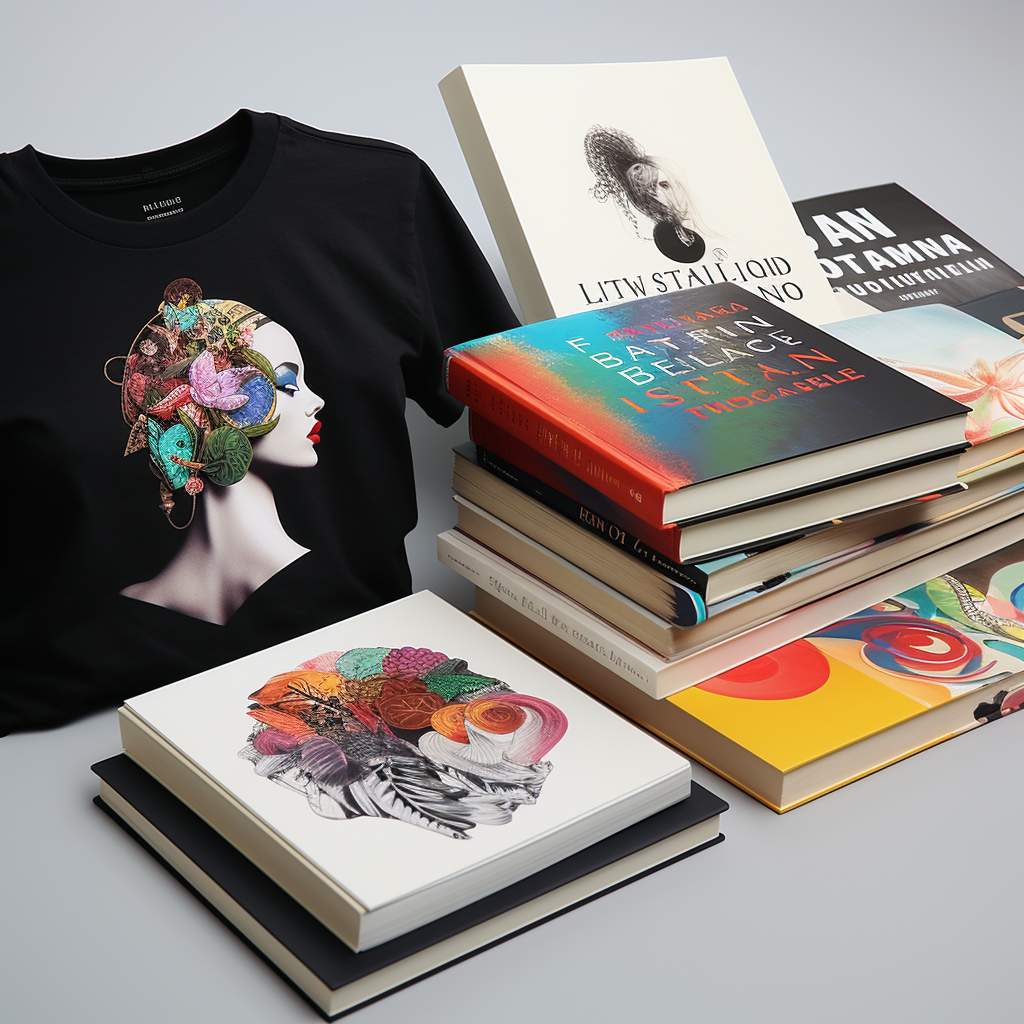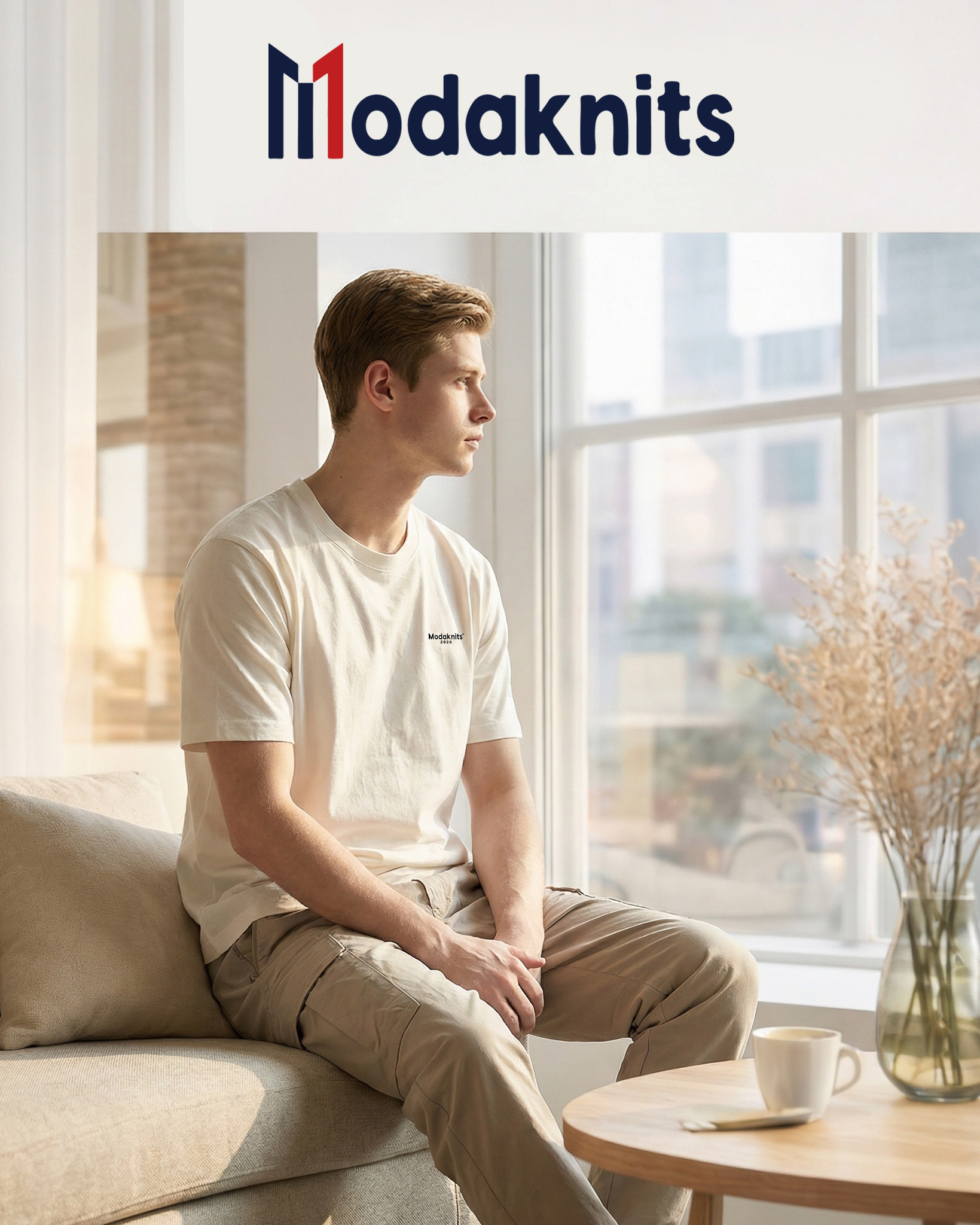Off-the-rack clothing may be fast and easy—but it rarely fits perfectly or truly reflects your personality. That’s where bespoke clothing1 stands apart.
Bespoke clothing offers unmatched fit, quality, personalization, and sustainability, making it ideal for those who value individuality, comfort, and craftsmanship.
I remember the first time I wore a bespoke suit. It wasn’t just the fabric or the stitching—it was how I felt. Confident, comfortable, and completely myself. If you’ve ever struggled with fit or felt “off” in mass-produced clothes, bespoke might be the solution you’ve been looking for.
How does bespoke clothing provide a perfect fit?
Every body is different. Bespoke respects that.
Bespoke clothing is built from scratch based on your precise measurements, posture, and preferences, resulting in a garment that hugs your body in all the right places.
 Tailor fitting suit
Tailor fitting suit
Why is precise measurement important for comfort and confidence?
When clothing fits your unique shape, it eliminates common discomforts—tight shoulders, gaping waistbands, sagging sleeves. A well-fitted garment moves with you, not against you.
- Comfort: No pulling, pinching, or adjusting during the day.
- Posture: A properly tailored blazer can subtly enhance how you stand.
- Confidence: You feel “put together” because nothing is out of place.
Precise measurements aren’t just numbers—they’re the blueprint for feeling your best.
How does bespoke tailoring adapt to unique body shapes?
Off-the-rack brands cut for the “average” body. But few people are average.
Bespoke tailors adjust for nuances—shoulder slope, arm rotation, torso length, even asymmetry between limbs.
Examples:
- One shoulder higher than the other? A bespoke pattern compensates.
- Longer-than-average arms? No problem—sleeve length is exact.
- Athletic build with a slim waist? Darts and curved panels handle it with elegance.
Bespoke tailoring means no compromises on shape or silhouette.
What makes bespoke garments higher in quality than off-the-rack options?
Quality isn’t just in the look—it’s in how a garment performs over time.
Bespoke garments are crafted with premium materials2, meticulous techniques, and a focus on longevity, making them superior to factory-made clothing.
How do premium fabrics and hand craftsmanship enhance durability?
Bespoke tailors work with mills that produce long-staple wool, high-grade cotton, and fine silks. These fabrics resist pilling, maintain structure, and age gracefully.
- Construction: Full canvas interiors, hand-set sleeves, and reinforced seams outlast machine-sewn shortcuts.
- Finishing: Buttonholes are hand-sewn, linings are hand-set, and patterns are aligned precisely.
It’s not just how it looks—it’s how it holds up.
Why does bespoke clothing tend to last longer with proper care?
Because it’s made with higher standards and better fabric, bespoke clothing doesn’t wear out—it wears in.
Proper pressing, dry cleaning, and storing extend the life of bespoke garments up to 10+ years, especially suits and coats.
Tips:
- Use wooden hangers to maintain shoulder shape.
- Rotate items to reduce wear.
- Spot clean to avoid excessive dry cleaning.
This is slow fashion at its finest.
How does bespoke clothing reflect personal style and identity?
What you wear says who you are—especially when it’s made just for you.
Bespoke allows full customization of fit, fabric, color, silhouette, and even stitching, letting you express your identity through every detail.
Can I customize every detail of a bespoke outfit to match my taste?
Yes. From the fabric down to the buttonholes, every choice is yours.
- Fabric: Wool from Italy, linen from Ireland, denim from Japan—you choose the story.
- Details: Collar shape, lapel width, monograms, lining color, and even contrast stitching.
- Fit: Want a sharp modern silhouette or a vintage 1940s cut? It’s all on the table.
This is fashion designed by you, for you.

How does wearing bespoke clothing boost personal and professional image?
Clothing that fits perfectly signals care, status, and attention to detail.
In professional settings, bespoke conveys authority and style. Socially, it stands out quietly but unmistakably.
Whether it’s a tailored suit for a pitch or a custom jacket at a dinner party, people notice—because the fit and finish speak louder than any logo.
Is bespoke clothing a sustainable fashion3 choice?
Sustainability isn’t only about fabric—it’s about buying less and buying better.
Bespoke clothing supports mindful consumption, reduces waste, and encourages long-term wardrobe planning.
How does made-to-order production reduce waste and overconsumption?
Off-the-rack brands often produce thousands of units that never sell. Bespoke garments are made only when needed.
- No Overstock: Every piece is cut after the order.
- Zero Waste Patterns: Skilled cutters minimize fabric scraps.
- Local Craftsmanship: Many bespoke items are made in small workshops, supporting artisans.
This reduces landfill-bound fashion waste.
Can investing in fewer, higher-quality bespoke pieces reduce my fashion footprint?
Yes. Instead of buying 10 mediocre pieces per season, a few versatile bespoke items cover many occasions and last much longer.
Example Capsule Wardrobe:
- 1 custom navy blazer
- 2 bespoke shirts
- 1 tailored wool trouser
- 1 trench or overcoat
That’s a sharp weekly rotation without clutter.

When is investing in bespoke clothing most worthwhile?
Not every item in your wardrobe needs to be bespoke—but for life’s most important moments, it makes a difference.
Weddings, business suits, milestone gifts, and daily workwear for professionals are key areas where bespoke pays off.
Should I choose bespoke clothing for weddings, business, or special events?
Absolutely. These are high-visibility moments where fit, style, and impression matter.
- Weddings: A bespoke tux or suit ensures timeless elegance in your photos.
- Business: A tailored blazer speaks volumes in negotiations or interviews.
- Events: Cocktail parties, galas, launches—all call for standout attire.
Bespoke is your style advantage.
Does a bespoke wardrobe offer long-term value despite higher initial costs?
Yes. While upfront prices are higher, you avoid frequent replacements and tailoring costs. You also save time—no more shopping for “close enough” pieces.
Cost Breakdown Example:
| Garment Type | RTW Cost + Alterations | Bespoke Cost | Lifespan | Value per Year |
|---|---|---|---|---|
| Business Suit | $400 + $80 | $1200 | 8 yrs | $150/year |
| Shirt | $100 + $30 | $220 | 5 yrs | $44/year |
A well-maintained bespoke piece pays for itself in quality and wearability.
Conclusion
Bespoke clothing offers unmatched fit, durability, personal style, and long-term value. Whether you’re dressing for impact, comfort, or sustainability, custom tailoring is an investment in yourself.
-
Explore the unique advantages of bespoke clothing, including fit, quality, and sustainability, to enhance your wardrobe choices. ↩
-
Discover how high-quality fabrics contribute to the durability and elegance of bespoke garments, ensuring they last longer and look better. ↩
-
Learn how bespoke clothing promotes sustainability through mindful consumption and reduced waste, making it a responsible fashion choice. ↩




